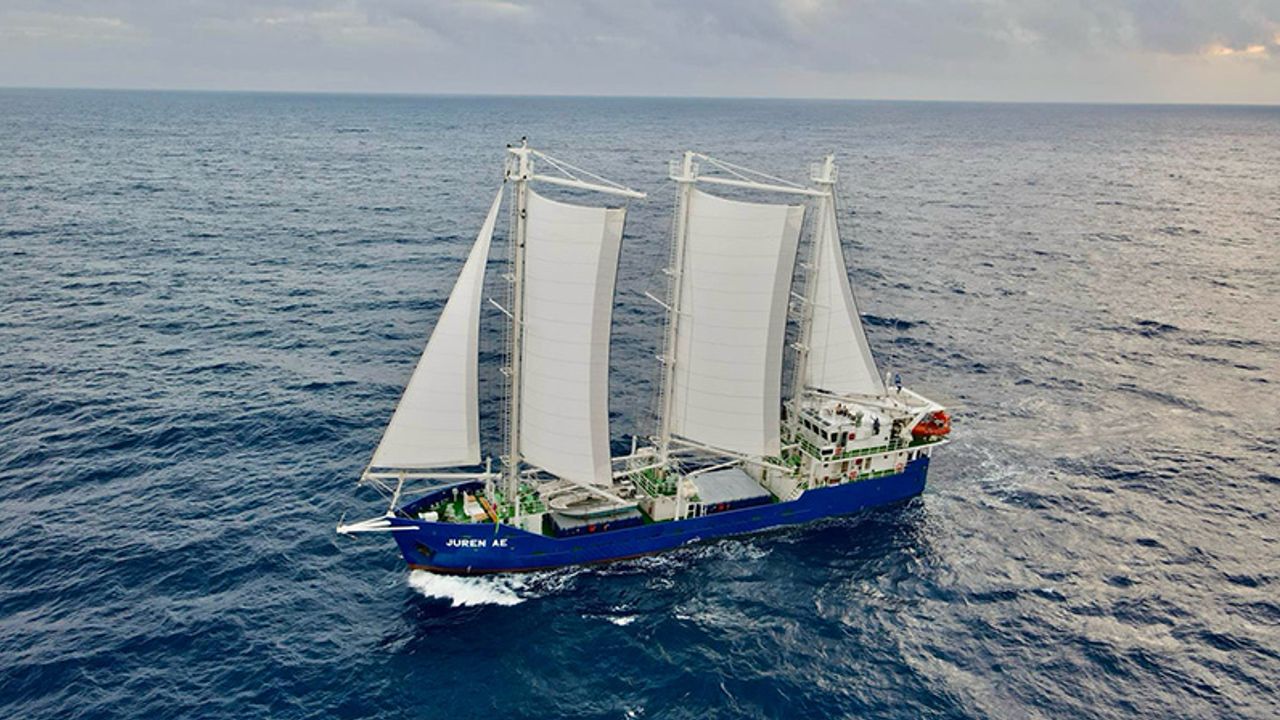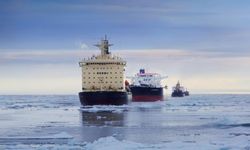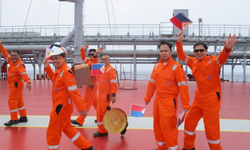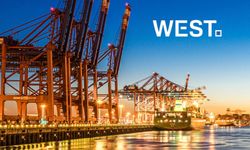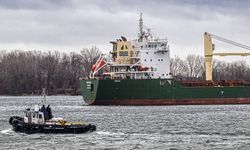The 48-meter, 300 dwt supply vessel was developed through a collaborative project funded by the International Climate Initiative (IKI) and led by the German Society for International Cooperation (GIZ). The project, named "Transition to Low-Carbon Sea Transport in the Republic of the Marshall Islands," began in 2017 and was supported by the German Ministry for the Environment, Nature Conservation, Nuclear Safety, and Consumer Protection (BMUV). Key partners included KR, the University of Applied Sciences Emden-Leer in Germany, MISC, Asia Shipbuilding Co. Ltd., and naval design company Kostec Co. Ltd. in Busan.
Constructed at Asia Shipbuilding in Geoje City, Korea, the SV Juren Ae features several innovative technologies aimed at reducing carbon emissions. The ship's partially automated sail system, designed by German naval designer HSVA and based on a traditional Indonesian sail, is expected to cut CO2 emissions by approximately 80% compared to similar-sized vessels. The ship also includes photovoltaic (PV) units and a hybrid power system that allow for flexible operation. The hybrid system uses the ship's propeller and engine for slow-speed maneuvering, with the propeller also generating electricity through a hybrid gearbox and generator. The SV Juren Ae can reach a service speed of about 12 knots under sail and around 7 knots using its auxiliary diesel engine.
The vessel also features a battery rack powered by excess wind energy, which drives the electric motor during low-speed operations.
Michael Suhr, Regional Director North Europe at KR, emphasized the importance of this project, stating that the SV Juren Ae is a significant step forward in maritime innovation and a model for future low-carbon shipping.
The SV Juren Ae will be operated by MISC for domestic sea transport within the Marshall Islands and the broader Pacific region. This project not only demonstrates the potential of sail-powered cargo ships, particularly in regions with high fuel costs like the Pacific Islands, but also aims to encourage other Pacific Island states to adopt similar low-carbon technologies.
KR, as the classification society for this vessel, is committed to advancing sustainable shipping and supporting similar projects in the future.
